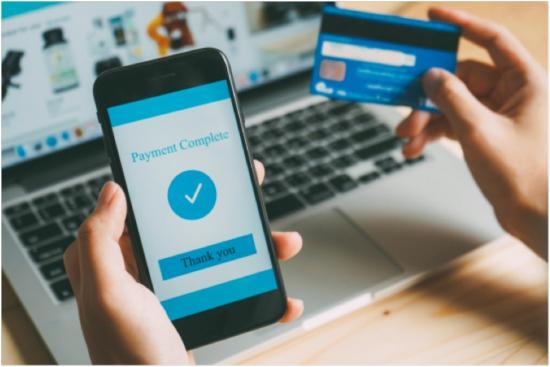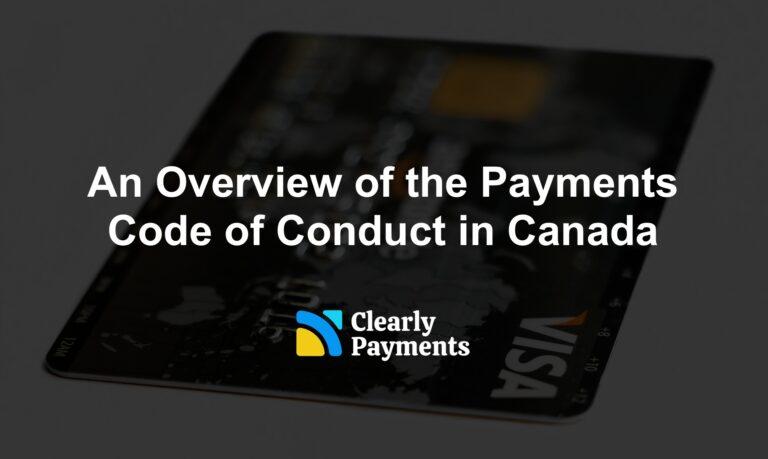Whenever you manually key in a credit card number in a payment terminal, have an online transaction, complete an order over the telephone, process a recurring payment, or use a credit card that is stored on file with your business, that is a card-not-present transaction. Any credit card transaction that you process where you are not physically processing the card in a terminal or reader is considered a card-not-present transaction.
In the end, card-not-present transactions are slightly more expensive for you as a merchant than transactions where you have the card in front of you (card-present transactions). The reason that it’s more expensive is because there is a higher risk of it being a fraudulent transaction. Even though there is higher risk with card-not-present transactions, it is clear that the benefits of increased revenue and a convenient customer experience outweigh the risks dramatically.
Tips for card-not-present transactions
- Always require your customers to provide the credit card’s security code, also known as CVV. The CVV is the three-digit or four-digit code located on the back of their card and is used to verify that the person claiming to own the card during a transaction physically has the card in front of them.
- Use the Address Verification Service (AVS) to confirm that the cardholder’s address matches the billing address that they are entering online. This is a feature that most payment processors have and is an optional security service. This can significantly help reduce the risk of fraudulent transactions.
- Make sure your business is PCI compliant and that you follow PCI compliance requirements. PCI (Payment Card Industry) is a set of guidelines to ensure credit cards are used in a safe and reliable manner. Following the PCI guidelines has shown to have a very positive impact on credit card fraud.
- Although it is okay to ask for credit card information over the phone, you should not ask customers to send information over email. Email and text communications are not secure, and the information may accidentally end up in fraudulent hands.
- You should also be very careful to never write down your customers’ credit card numbers and payment information. You do not want to have pieces of paper or unsecured computer files with credit card information. You should always consider using proper credit card storage system that safely and securely stores credit cards. TCM has a credit card vault that stores customer information securely.
Remote, card-not-present, and online credit card transactions make the customer experience much more enjoyable and convenient. They also can significantly increase your revenue. Following these simple tips can help make these transactions more sustainable for your business.




